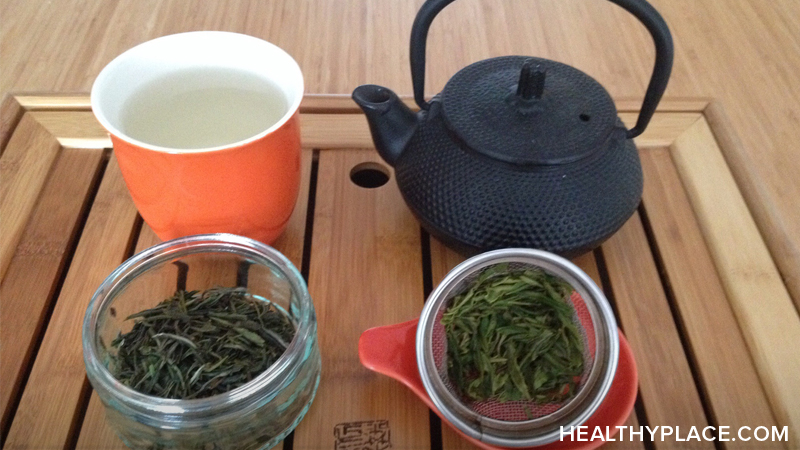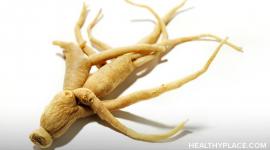Ma Huang for Treatment of Alzheimer's Disease

(banned by the FDA, but may be found in some products manufactured outside the U.S. and imported illegally or purchased while traveling abroad)
Ma huang uses include the treatment of upper respiratory diseases, fever, headache, edema and arthritis. Ma huang has been used in the West as a stimulant and an appetite suppressant ("herbal fen-phen"). Ma huang contains ephedrine, pseudoephedrine, norephedrine and several other central nervous system stimulants. These alkaloids stimulate receptors and cause the release of epinephrine. In the past, ephedrine was used in conventional Western medicine for the treatment of asthma and as a topical nasal decongestant, but has generally been replaced by safer drugs.
Quality & Labeling
There is marked variability between labeled ephedra alkaloid/ephedrine content and actual content, and is one of the many concerns with the use of this herb. A study of twenty products found discrepancies between labeled and actual content for 10 products and significant lot to lot variations for four of the products.
Adverse Effects
The adverse effects of Ma huang include anxiety, insomnia, headache, increased heart rate, increased blood pressure, urinary retention, increased blood glucose and a "flushing" sensation. The FDA has received hundreds of adverse effect reports, including deaths in previously healthy, young adults taking the manufacturer's recommended dose of ma huang supplements. Acute hepatitis, kidney stones, myocarditis, stroke and psychosis have been reported. Excessive doses have resulted in heart failure, hypertensive crisis, and death. The FDA recently withdrew recommendations for a daily intake of no more than 24 mg ephedrine, used for no more than 7 consecutive days. More information on the FDA and Ma huang/ephedrine is available on the FDA website.
As might be expected, other CNS stimulants such as decongestants and caffeine should be avoided or used with caution by individuals taking Ma huang. Alarmingly, supplements often contain MH in combination with other stimulants, including botanical sources of caffeine such as guarana and kola nut. Ma huang has the potential to interact with a plethora of conventional drugs, including theophylline, MAO inhibitors, hypoglycemic drugs, antihypertensives and digoxin.
Patients should be counseled to avoid products that contain Ma huang. Individuals with hypertension, angina, heart failure, diabetes, a psychiatric condition, or a previous heart attack or stroke should be especially advised to avoid this herb.
Source: Rx Consultant newsletter article: Traditional Chinese Medicine The Western Use of Chinese Herbs by Paul C. Wong, PharmD, CGP and Ron Finley, RPh
APA Reference
Staff, H.
(2008, October 16). Ma Huang for Treatment of Alzheimer's Disease, HealthyPlace. Retrieved
on 2025, November 23 from https://www.healthyplace.com/alternative-mental-health/alzheimers/ma-huang-for-treatment-of-alzheimers-disease



